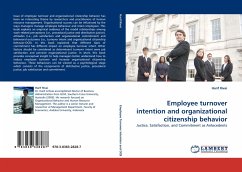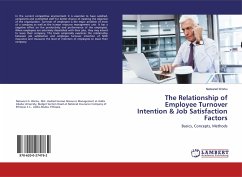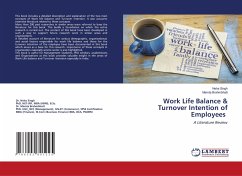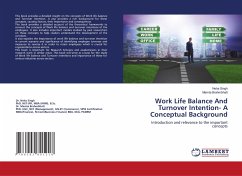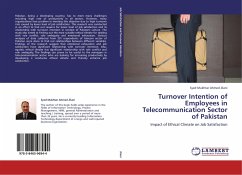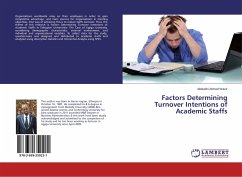Issue of employee turnover and organizational citizenship behavior has been an interesting theme by researchers and practitioners of human resource management. Organisational success can be influenced by the ways managers manage employee behaviour and retain employees. This book explains an empirical evidence of the model relationships among work-related perceptions (i.e., procedural justice and distributive justice), attitudes (i.e., job satisfaction and organizational commitment) and behavioral outcomes (i.e., turnover intent and organizational citizenship behavior-OCB). In this book explained that different tipes of commitment has different impact on employee turnover intent. Other factors should be considered as determinant turnover intent were job satisfaction and perceive organizational justice. In short, this book provides conceptual insight to help managers better understand how to reduce employee turnover and increase organisational citizenship behaviour. These behaviours can be viewed as a psychological stage which consists of the components of distributive justice, procedural justice, job satisfaction and commitment.

